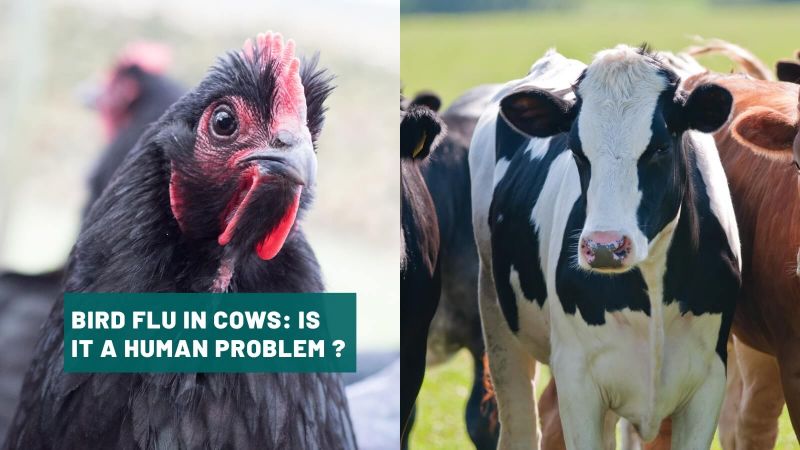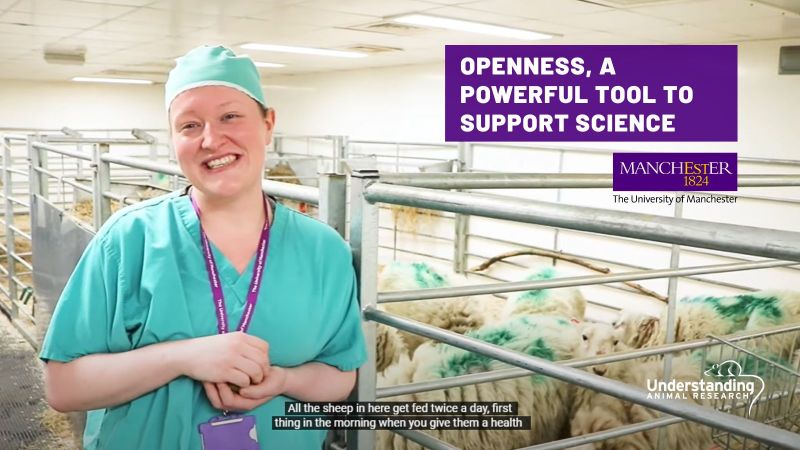Life stories
There is no doubt that animal research has helped develop new treatments for chronic and life-threatening conditions.
In this section, those involved with research talk about their work and patients share their stories about how treatments developed using animals have changed their lives for the better.
Christina Odone, writing in The Daily Telegraph on 19 March 2012
'Now airlines and ferry companies have caved in to demands from animal rights groups for a ban on importing mice for experiments. Scientists and charities are worried: these strains of animals are bred specifically to help find a cure for motor neurone disease, cancer and heart disease. If researchers cannot import the rodents, (and in more than 86% of cases, medical experiments use mice and rats) they'll have to breed them – which will set back research by years.'
'I see no moral dilemma here: on one side, a tiny lobby clamours for the rights of rats; on the other, millions of men, women and children affected by fatal or debilitating conditions stand a chance to be cured. I saw how crucial animal experiments were in the battle to save my half-brother Lorenzo from adrenoleukodystrophy, a rare neurological disorder; but even without this personal experience, I would give humans the proirity - and fly or ferry animals that could help find a cure.'
David Dade, commenting on the Victims of Cruelty campaign on the Independent website, 21 June 2011
'Both my parents are cancer sufferers and both have had their lives extended and their quality of life enhanced by therapies and treatments that were brought into being by animal research. I will increase my support for Cancer Research and start contributing to the other charities who have been criticised by these crackpots.'
'In addition, I will increase fundraising for the diabetes charities that have been so helpful for my son, who is a sufferer. Direct experimentation on dogs discovered the cause of this condition and revealed that insulin can manage it. For many years, animal insulin was used, forming the template of the synthetic version now employed. Before that, not one Type 1 sufferer in history survived the illness. Ever. All died young. Since then, millions with the condition have been abloe to lead relatively normal, fulfilled lives and enjoy life expectancies that compare to non-sufferers.'
'Have no truck wih Animal Aid; it is the same lunatic animal rights brigade in a new package. Society must leave these dangerous fools behind.'
Professor Mike Barer, talking to the Leicester Mercury, 24 July 2010
'Tuberculosis kills two million people every year. If I see an opportunity to reduce the suffering caused by that disease through the careful, considered use of animal research, then I will.'
'I don't like it, but I think it is justified. As a diabetic, I'm someone whose life expectancy is directly related to discoveries made in animals.'
'I completely accept the clear and just argument that says we have no right to do this. If you believe that, though, you must not avail yourself of any of the discoveries made through animal research. That means no antibiotics. Anything else would be hypocritical.'
Story submitted by Mandy Howard, 20 April 2009:
'As a parent of a child who was diagnosed with severe epilepsy, I find it hard to accept that any parent would have issues with animal research. The drugs my child has been given have eventually, after many years, led to him now being fit free. Because of the severeness of the fits, my child has been left with learning difficulties for the rest of his life. It could have been worse, without effective medicines he could have died.'
'My mother died from cancer, and my father has had a debilitating stroke. Other family members suffer from cancers, brain diseases, asthma. Many families will experience these kind of illnesses. Nobody wishes for animals to be used in this way, and I believe they should only be used when there is no other way, and only for medical research - whenever possible I only buy cleaning/beauty products which are animal testing free.'
Kevin Elliott, letter to the Oxford Times, 15 January 2009:
The animal rights lobby claim to be helping animals, but they forget one important group. That's the people with health problems and disabilities who benefit directly from animal-based research.
Until recently I had a serious spinal condition, which left me in massive pain and hardly able to work. Thanks to animal-based research I had an operation where bone was taken out of my pelvis and placed into my spine to reinforce it. The pain has now completely gone, I can work full-time, and have a social life.
The research underpining this operation could only have been done on animals. Test tubes and computers won't let you work out how bones fuse together.
The animal rights lobby tell us that we should treat animals in the same way as humans. But if we do that, we're condemning people with health problems and disabilities to pain, to isolation, to unemployment, and to massively reduced quality of life.
I want to see the best possible conditions for animals, and will be happy when we have alternatives that work. But until that day, we need to keep animal research legal.
Anne Johnstone, writing in the Glasgow Herald, 9 January 2009:
In 21st century Britain, neither of the two central arguments of those who oppose all animal testing holds water. It is neither "unbelievably cruel", nor does it "achieve nothing".
My father has just been diagnosed with Parkinson's disease. Nobody has the right to deny me the hope that brain surgery may slow its progression, a technique only attempted after practising on animals. Call me "speciesist", but there is an argument here about greater good that few standing at the bedside of a loved one with MS or Parkinson's or Alzheimer's would gainsay.
Or, as Charles Darwin put it in 1871: "I quite agree that it is justifiable for real investigations on physiology but not for mere damnable and detestable curiosity. It is a subject that makes me sick with horror, so I will not say another word about it, else I shall not sleep tonight."



